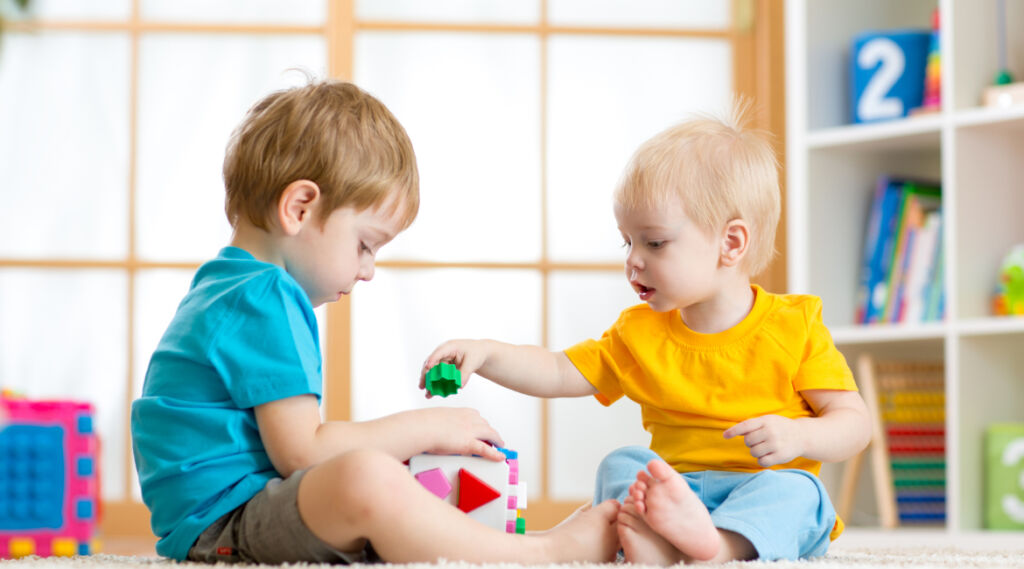Introduction
The journey of child development is a remarkable expedition marked by countless milestones and transformations that mold a child’s destiny. One of the most impactful elements in this voyage is the presence of favorable role models, particularly parents, who play a crucial part in nurturing a child’s progress, character, and principles. As we delve into the significance of early childhood care and education, it becomes apparent that parents are the primary creators of a child’s groundwork, setting the stage for a thriving and gratifying life.
The Might of Emulation
Children possess an innate curiosity and are remarkably impressionable beings. Throughout the initial years of life, they watch, assimilate, and mimic the behaviors and attitudes of those in their surroundings. Parents, being the closest and most consistent figures in a child’s life, naturally become the foremost and most substantial role models. Every action, utterance, and gesture of parents serves as a potential lesson for their child.

When parents exhibit attributes such as empathy, integrity, resilience, and kindness, children are more likely to mirror these qualities. Conversely, negative behaviors or habits can also unknowingly be imitated. This underscores the crucial necessity for parents to be conscious of their own conduct and behaviors, as they are creating a model for their child’s development.
Molding Values and Personality
Positive role models contribute to the cultivation of a child’s values and character. As children observe their parents’ interactions, problem-solving abilities, and decision-making processes, they internalize the principles that steer these actions. Parents who prioritize respect, honesty, and open communication foster an environment that nurtures emotional intelligence and healthy relationships in their children.
Moreover, parents who exhibit a strong work ethic and a mindset of growth instill in their children the significance of determination, perpetual learning, and embracing challenges. These values not only aid in academic pursuits but also shape the child’s approach to life’s obstacles and opportunities.
Early Childhood Care and Education: A Bedrock for Triumph
The influence of positive role models is further magnified through early childhood care and education. During these foundational years, children’s brains are exceptionally receptive, making it an opportune period to introduce them to positive influences and experiences. High-quality early childhood education programs provide a structured milieu where children can interact with peers, participate in activities that stimulate cognitive and social growth, and learn from trained educators who also serve as role models.
Parents who actively engage in their child’s early education journey demonstrate a resolute commitment to their progress. Collaborating with educators, attending school functions, and nurturing a love for learning at home create a comprehensive approach to child development. This synergy between parents and educators establishes the groundwork for a child’s lifelong learning expedition.
Unlocking Potential and a Promising Future
In the intricate fabric of child development, positive role models function as the threads that weave together the tapestry of a child’s identity, dreams, and capacities. Parents, as the most influential role models, possess the ability to sculpt their child’s values, personality, and perspective on life. By cultivating a supportive and caring ambiance enriched with affection, reverence, and motivation, parents provide the indispensable nourishment for their child’s advancement.
Furthermore, early childhood care and education serve as catalysts that amplify the effects of positive role modeling. When parents and educators collaborate, guided by a shared vision of nurturing well-rounded, empathetic, and strong-willed individuals, the potential for a child’s success becomes boundless.
To conclude, the impact of positive role models, particularly parents, in child development cannot be overstated. Their deeds, behaviors, and values lay the foundation upon which children build their future selves. By recognizing their role as influencers and actively participating in their child’s early education, parents become architects not only of their child’s growth but also of a more promising, compassionate, and harmonious society.




